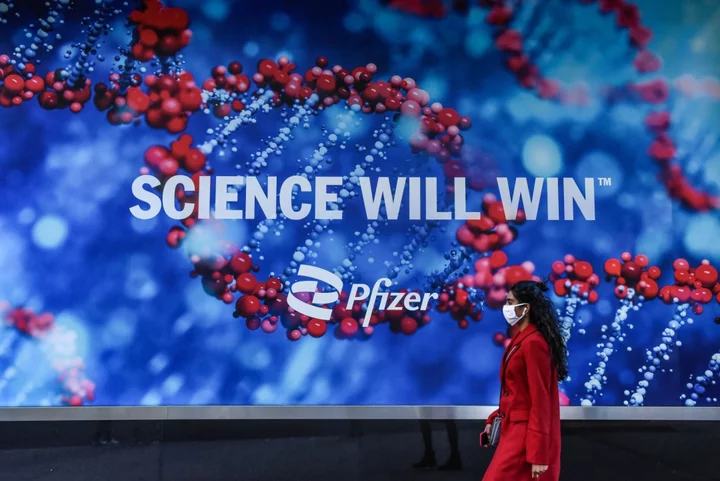
Pfizer Misses Quarterly Sales Estimates, Lowering Outlook
Pfizer Inc. missed revenue estimates for the second quarter as sales of its Covid pill fell drastically short
1970-01-01 08:00

Merck Raises 2023 Sales Forecast as Cancer Drug Keytruda, Gardasil Vaccine Surge
Merck & Co.’s Keytruda and Gardasil soundly beat analysts’ estimates for quarterly sales, driving the company’s annual revenue
1970-01-01 08:00
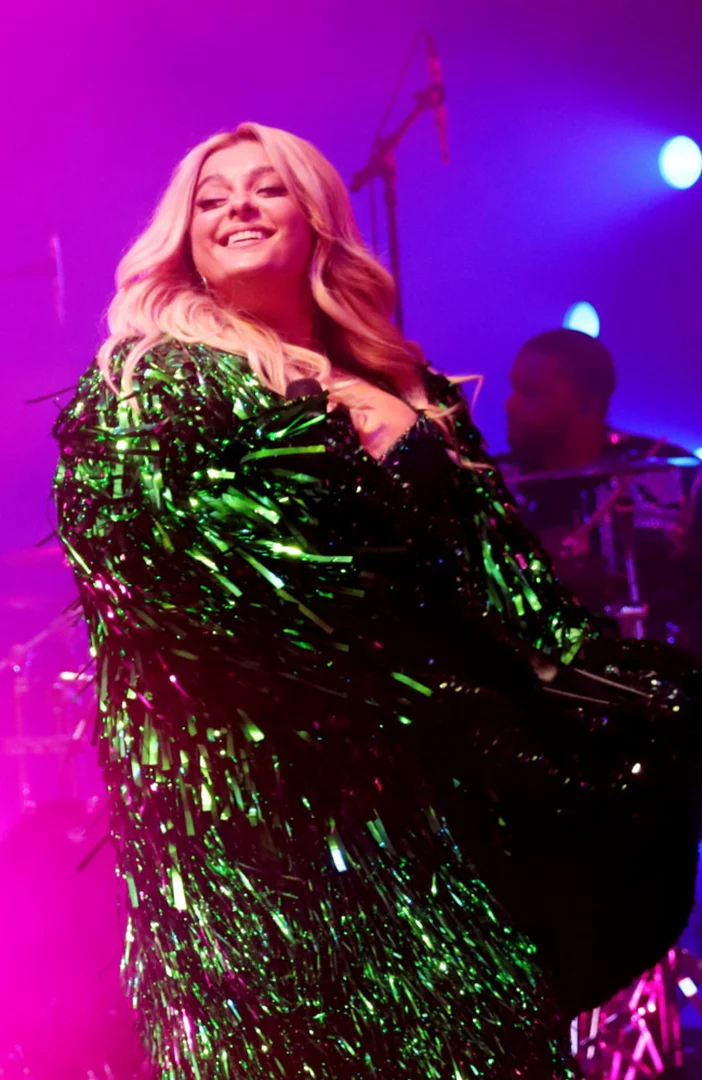
'I stare at it when I wake up': Bebe Rexha looks at her UK No1 award 'every morning'
Bebe Rexha is so proud of her first-ever UK number one song that she keeps the award in her bedroom.
1970-01-01 08:00

Dusan Vlahovic offered to Chelsea in Romelu Lukaku swap deal
Juventus have offered Dusan Vlahovic to Chelsea in a swap deal for Romelu Lukaku.
1970-01-01 08:00
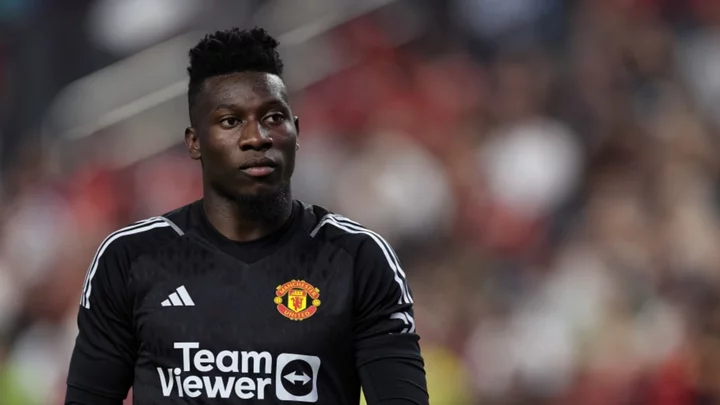
Andre Onana sends warning to Harry Maguire after pre-season rant
Andre Onana has insisted that he'll 'demand a lot' from Harry Maguire after he was seen ranting at the defender in pre-season.
1970-01-01 08:00

USA 0-0 Portugal: Player ratings as lucky USWNT qualify to round of 16
The US women’s national team are lucky to advance to the round of 16 after drawing 0-0 against Portugal at Eden Park to land in second place of Group E.
1970-01-01 08:00
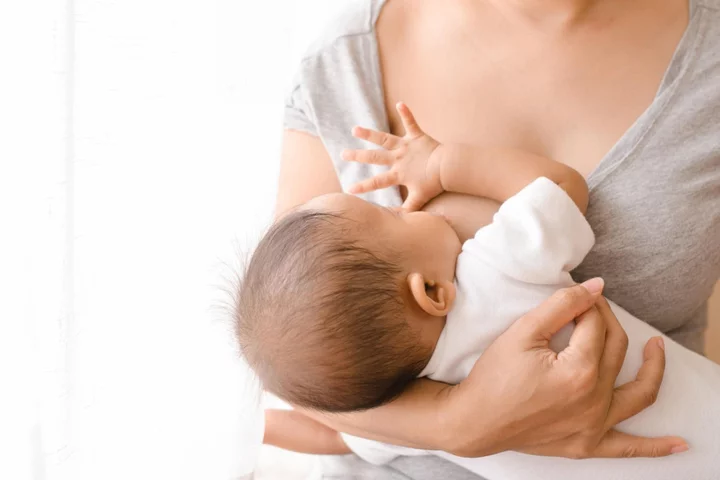
Do you need to watch what you eat when you’re breastfeeding?
Most new mothers try to breastfeed their baby at first, unable to ignore the oft-repeated mantra ‘breast is best’. However, despite the vast benefits of breastfeeding that are being highlighted during World Breastfeeding Week (August 1-7), including protecting the baby from infection and disease, and health benefits for the mother, a huge proportion of mothers quickly give up. Figures from the last UK-wide Infant Feeding Survey (albeit from 2010) found that while more than three-quarters of women start breastfeeding when their baby’s born, this drops to 55% doing any breastfeeding at six weeks, while at six months, just 34% do any breastfeeding, and only 1% breastfeed exclusively. There are many reasons for this, but Public Health England research found more than half of mothers were concerned they might need a special diet to breastfeed, and a similar proportion were worried that breastfeeding meant they couldn’t tell if their baby was getting too much or too little milk. But should new mums really be concerned about eating or not eating specific foods if they’re breastfeeding, and can their diet affect how much milk their baby’s getting? The simple answer is no, as long as they’re eating a healthy balanced diet, says the baby charity Tommy’s. Because while the NHS warns pregnant mothers to avoid specific foods like soft blue cheeses, undercooked meat, liver, pâté and game meats, there are no foods breastfeeding mums must not eat, says Tommy’s. “There are a lot of myths out there around breastfeeding which can leave new parents unsure of what to do and where to turn,” says Tommy’s midwife Sophie King. “If you choose to breastfeed or combination feed, there’s no special foods you need to have, but a varied diet can help our bodies make the best quality milk for our babies. This typically includes lots of vegetables, fruits, grains and proteins. It’s also important that you stay well-hydrated with plenty of water. “ In addition, she says it’s recommended that mothers who are exclusively breastfeeding take a daily vitamin D supplement. An occasional alcoholic drink is unlikely to cause any harm if you’re breastfeeding, says King, but she warns: “Try not to have more than one or two units of alcohol once or twice a week. There’s some evidence that regularly drinking more than two units of alcohol a day while breastfeeding may affect your baby’s development.” In addition, caffeine can reach babies through breast milk, and King explains: “Caffeine is a stimulant, so if you have a lot, it may make your baby restless and keep them awake.” Caffeine occurs naturally in lots of foods and drink, including coffee, tea and chocolate, and it’s also added to some soft drinks and energy drinks, as well as some cold and flu remedies. “There’s not enough information to say how much caffeine is too much, and babies respond to caffeine differently,” says King. “But it’s a good idea to reduce how much caffeine you drink, especially when your baby is less than six months old.” But does what a mother eats affect her milk supply? Again, the answer is no, explains Justine Fieth of the breastfeeding support charity La Leche League GB (LLLGB). “There are no particular foods you need to eat to increase breastmilk – milk production is determined by the amount of milk removed from the breast,” she says. Breastmilk is made in the mother’s breasts, directly from her blood, rather than from the food she eats. Fieth says LLLGB recognises the importance of a varied and healthy diet, and stresses that it’s important for mothers to speak to a qualified breastfeeding supporter if they feel they have low milk supply. “Unless there’s a physical or physiological reason for low milk production, a mother who breastfeeds on cue will be able to produce enough milk for her baby, regardless of what she eats,” she explains. “In certain circumstances, medications can be used to increase supply, but diet plays a minor part – though obviously, eating a varied, healthy diet is always a good thing.” For breastfeeding support, contact the National Breastfeeding Helpline on 0300 100 0212. Read More Charity boss speaks out over ‘traumatic’ encounter with royal aide Ukraine war’s heaviest fight rages in east - follow live Sten dos: What you need to know about the quirky wedding trend Why have the birds disappeared from my garden? Psoriasis Awareness Month: Everything you need to know
1970-01-01 08:00

Beijing floods: Deadly rains batter China capital as new storm looms
The remnants of super typhoon Doksuri inundate China's capital for the fourth straight day.
1970-01-01 08:00

Rasmus Hojlund booked in for Man Utd medical
Rasmus Hojlund will undergo his Man Utd medical on Tuesday ahead of his £72m move from Atalanta.
1970-01-01 08:00

Nuh: Mosque set on fire, cleric killed in religious clashes in India's Haryana
Violence broke out in parts of Haryana during a procession by hardline Hindu nationalist groups.
1970-01-01 08:00

Wife of Gilgo Beach serial killings suspect and her attorney open up about the family's experience since Rex Heuerman's arrest
The wife of the Gilgo Beach serial killings suspect Rex Heuermann and her attorney told CNN she had "no idea" of her husband's alleged actions and that the flood of public attention has been "extremely overwhelming" for the mother and her two children.
1970-01-01 08:00
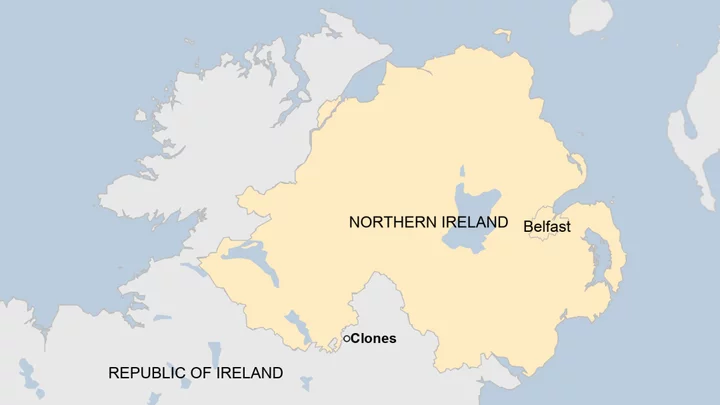
Two teens die in crash on way to school dance in Monaghan
There is devastation after a vehicle with five people on board crashes on the way to a school dance.
1970-01-01 08:00
